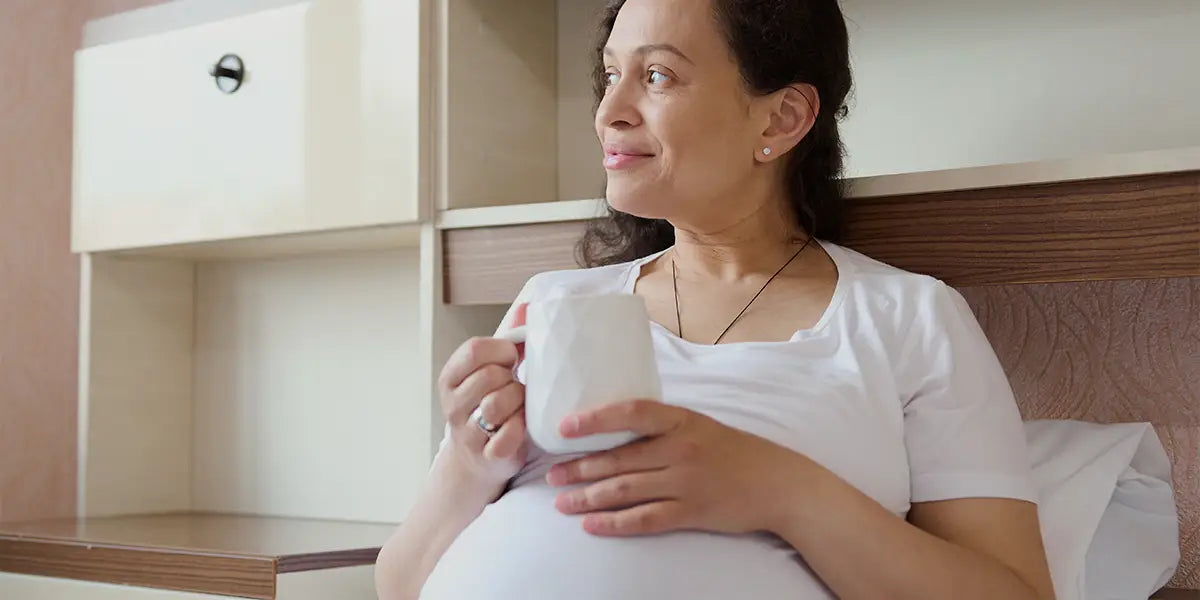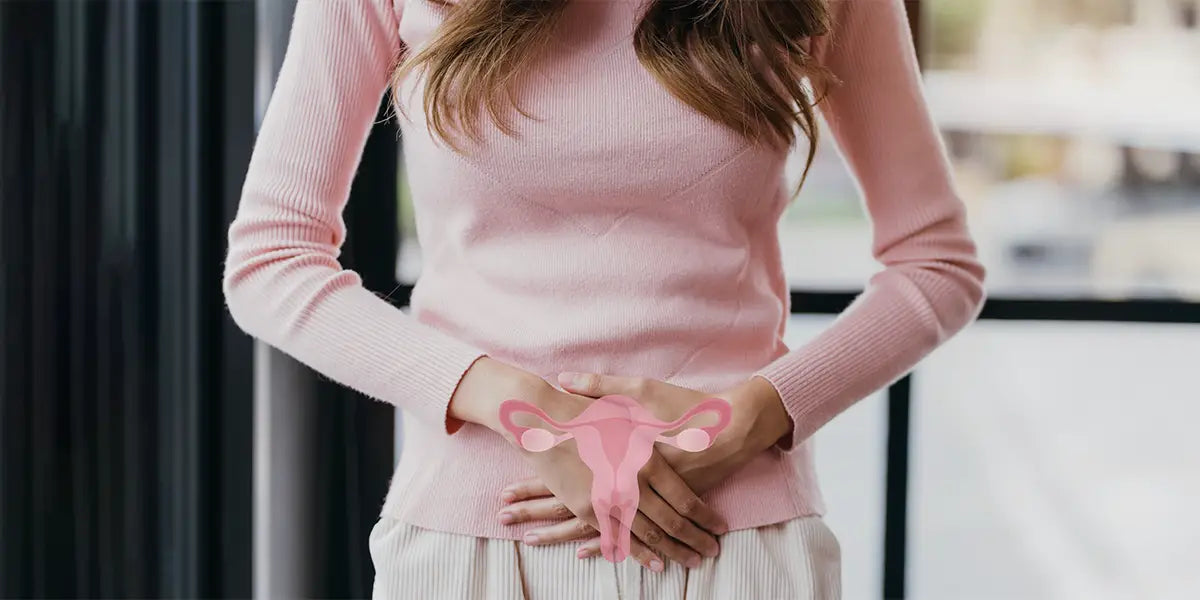Post-pregnancy or postpartum hair loss is a common problem that can add to the stress of what’s already a significant change in many women's lives. We want to make sure that you have the information you need to identify postpartum hair loss, understand the basic relationship between pregnancy and hair loss and effectively manage shedding. It’s normal to feel shame or be worried about hair loss during this transitional time and we’re here to help.
What is post pregnancy hair loss?
Post pregnancy hair loss (or postpartum hair loss) refers to the sudden and often dramatic shedding that starts approximately 2-4 months after giving birth and can last up to 6 months. It’s a type of telogen effluvium, or stress related hair loss, that experts believe may be caused by dramatic hormonal changes occurring in the body during and immediately after pregnancy and delivery. This type of hair loss is estimated to affect about one-third to one-half of women and these figures may even underestimate how common the disorder truly is.
What does postpartum hair loss look like?
Like other types of stress-related hair loss, postpartum hair loss is often diffuse and affects the entire scalp, but some women may notice that thinning is concentrated along the hairline. Some women also report experiencing pain and/or paresthesia (tingling) of the affected areas of scalp. Losing your hair can be a stressful experience, but in many cases (assuming there isn’t a separate hair loss disorder present) the entire head of hair will be replaced by the baby’s first birthday.
Is it normal to lose hair during pregnancy?
Actually, it’s more likely that women experience hair loss in the weeks and months after delivery rather than during the pregnancy itself. And the reasons for this come down to fluctuating hormone levels, which can have a dramatic impact on hair follicle cells and the hair growth cycle.
During pregnancy, increases in hormones such as estrogen and progesterone are needed to help sustain the growth of the baby. These hormones are likely responsible for the thicker, fuller and longer hair that many women notice during this period. There is also an increase in hormones such as thyroid hormones that support metabolic activity and cell growth overall. It’s possible that these effects also extend to hair follicle cells.
What are the causes of hair loss during pregnancy?
The causes of hair loss during the postpartum period include major hormonal fluctuations that begin with the delivery of the placenta. It’s important to understand that hair follicles stimulated to spend more time in the active growth phase during pregnancy will eventually transition into the resting phase to continue along the hair growth cycle.
Shortly after delivery of the placenta, estrogen and progesterone levels drop dramatically, while prolactin, the hormone that controls lactation and facilitates nursing, increases in concentration (Gizlenti and Ekmekci, 2013). At high concentrations, prolactin has been found to inhibit growth of the hair shaft, prematurely transition hairs to the resting phase of the growth cycle and reduces the growth of keratin cells (protein building blocks of skin and hair). When these changes occur to many hairs over a short period of time, the result is the dramatic hair loss that many new mothers experience.
What are the best products to use for hair loss after pregnancy?
In most cases, hair loss after pregnancy should simply be allowed to run its course. Like other types of telogen effluvium, once the stressor or trigger is removed (e.g., returning to pre-pregnancy hormone levels), hair loss should stop.
While there may not be specific shampoos, conditioners, or treatments for postpartum hair loss, it’s important to keep up with healthy habits like eating a balanced diet, good sleep hygiene (as best as you can) and hair styling practices to help minimize the impact of shedding during this time. You may also want to consider using a hair growth serum in areas like the hairline if you find that hair is particularly sparse here. But because these over-the-counter treatments can vary significantly in formulation and strength, some women may have better results than others.
There are some cases when postpartum hair loss will unmask pattern hair loss. In genetically predisposed women, hair can continue to thin long after the pregnancy. This suggests that hair loss is caused by a different underlying mechanism. While telogen effluvium is usually self-limiting, pattern hair loss is progressive and pharmaceutical treatment is typically needed to manage it.
Fortunately, at XYON we’ve developed formulations specifically for women. You can visit our article on female pattern hair loss to learn more about your treatment options.
Pregnancy and hair loss: Takeaway
Postpartum hair loss is more common than you think and fortunately, in many cases it doesn’t require additional treatment. It’s caused in part by hormonal changes that occur shortly after delivery of the baby and placenta. In rare cases, postpartum hair loss can reveal underlying female pattern hair loss. If you have a family history of hair loss or notice that your hair does not recover over time, you may want to speak with a doctor about female pattern hair loss and possible treatment options.




